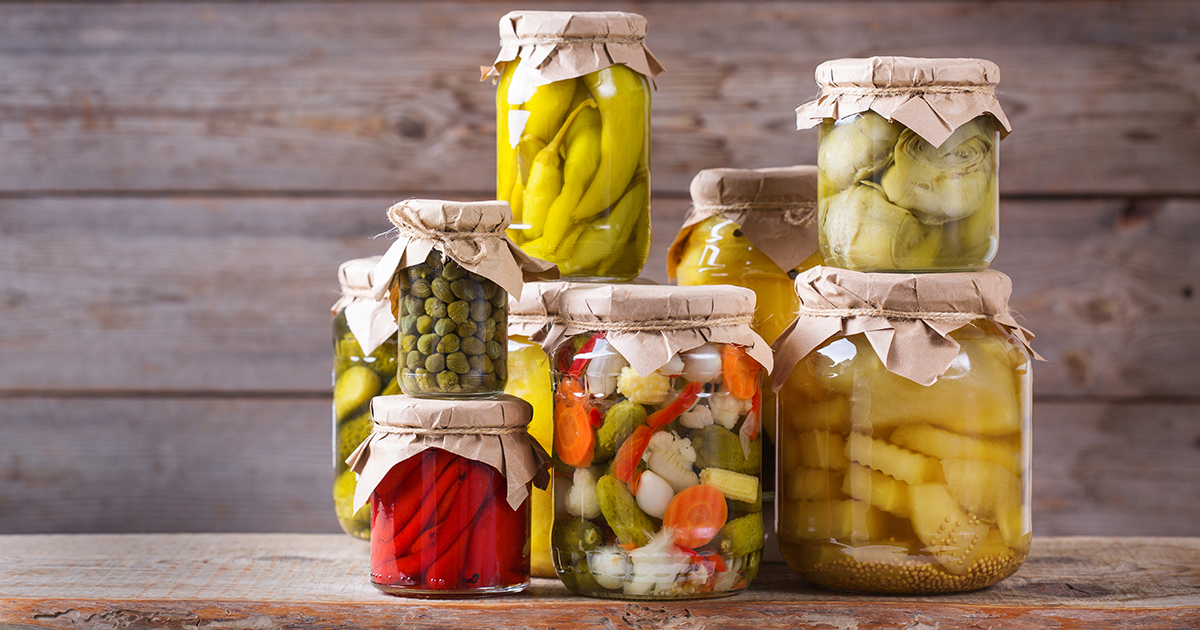By BRIAN A. FULLEN, CTUIR Environmental Health and Safety Specialist
The Confederated Tribes of the Umatilla Indian Reservation (CTUIR) is dedicated to fostering a safe and healthy community. In line with this commitment, the CTUIR Environmental Health and Safety Program has maintained important guidelines for certified domestic kitchens since they were adopted back in 2018. These guidelines, outlined in **Chapter 8: Food and Sanitation** of the Environmental Health and Safety Code, aim to ensure food safety in home-based kitchen operations while encouraging community engagement.
Ensuring Safe Food Practices
The CTUIR understands that many local chefs and food entrepreneurs operate from their homes, making it essential to have robust safety measures in place to protect all consumers from potential contamination. This precaution is crucial for both the cooks and the consumers, and it reflects CTUIR’s proactive approach to community health.
Food Handlers Certification
All individuals who handle and prepare food for resale or should obtain a food handler’s card. This requirement underscores the importance of food safety training and ensures that everyone involved in food preparation understands proper hygiene and handling practices. By equipping kitchen operators with the knowledge they need, CTUIR aims to enhance the overall safety of food served in the community.
Regular Kitchen Inspections
To ensure compliance with health and safety standards, certified domestic kitchens have been subject to annual inspections since 2018. These inspections are generally carried out on weekdays from 8 a.m. to 4 p.m., but flexibility is key; inspections can also take place on weekends or holidays if food is being sold at that time. Additionally, the CTUIR Environmental Health and Safety Program is prepared to respond to any complaints or concerns regarding kitchen operations, reinforcing its commitment to community safety.
Adhering to Land Use Regulations
For kitchens that sell food directly to customers, it’s important to provide documentation confirming land use approval. This requirement ensures that operations adhere to local zoning laws, creating an environment where food can be safely prepared and enjoyed by the community.
Approved Food Products
To protect public health, certified domestic kitchens are authorized to prepare and sell specific non-potentially hazardous food products as detailed in **Chapter 8.030** of the Environmental Health and Safety Code. This chapter outlines the approved food items that do not support rapid bacterial growth and must be safe to eat without refrigeration. If a kitchen operator wishes to sell items not included on this approved list, they must demonstrate that their products are safe for consumption.
A Collaborative Effort for Community Well-Being
The guidelines established by the CTUIR are part of a collaborative effort to ensure that local food operations uphold high health and safety standards. By following these rules, certified domestic kitchens contribute to a greater sense of security and well-being within the community.
For all certified kitchen operators and anyone interested in learning more about food safety practices, the CTUIR Environmental Health and Safety Program is ready to assist. To obtain the list of approved food products or ask questions about the guidelines, and currently there is no cost for home inspections , and we are setting up a food handlers class for anyone interested but also available online through the state of Oregon please reach out directly to the program.



